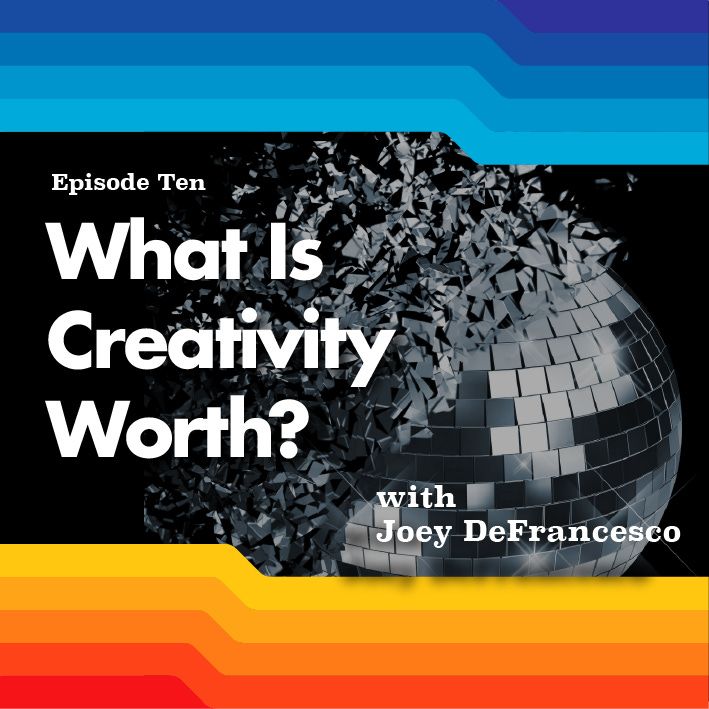The Culture Journalist is an independent journalism project that relies on word-of-mouth and is funded entirely by listeners. To help us get this project off the ground, please consider becoming a paid subscriber. For a small monthly contribution, you'll get a shout-out on the podcast and other bonus goodies. Even if you can’t contribute, we hope you’ll tell a friend or two about it.
Hello there. Welcome to the last installment of our first ten-episode season. We’ll be taking a bit of time away from publishing new episodes to eat pumpkin pie and plot out what is shaping up to be a very exciting season two, along with some other surprises we have in store. But before that happens, we want to take a moment to reflect back on a year that has challenged pretty much everything we thought we understood about culture and the economics of being a creative person.
We started this podcast in the middle of a pandemic that has put thousands of journalists out of work; we felt like we were running out of places to tell stories about culture and labor issues in the arts right at the time that those stories were becoming more important than ever to tell. Since then, we’ve spoken to people from many different corners of the culture industry about what their experience of this year has been—and the deep-seated structural inequalities that the pandemic is bringing to the fore.
From musicians adjusting to an industry that has moved entirely online, to journalists fighting for increased workplace protections and newsroom diversity, to independent venue operators banding together to petition Congress for federal relief—it’s hard to avoid the fact that creative workers have spent this year asking American society at large, and the economic and government powers that be, to simply recognize the value of the work that they do. No one wants to live in a world without art and music. But, as we discuss in part one of this week’s episode, the events of 2020 have been a startling reminder of how far America has to go when it comes to recognizing that creative work is, well, work.
In part two, we speak with Joey La Neve DeFrancesco, a member of Providence punk band Downtown Boys, about his work with the Union of Musicians and Allied Workers, a new coalition of artists and music professionals that has spent the past six months confronting labor challenges within the music industry. Their latest action, Justice at Spotify, which has 19,000 signatures and counting, puts a very specific premium on the work musicians do: Faced with a loss of touring revenue during the pandemic—the biggest income source for most musicians—they are asking for a penny every time someone streams their music.
We hope you enjoy the show, and thank you for joining us this season. If you have any feedback to share—or want to suggest a topic—kindly drop us a line here.















Share this post